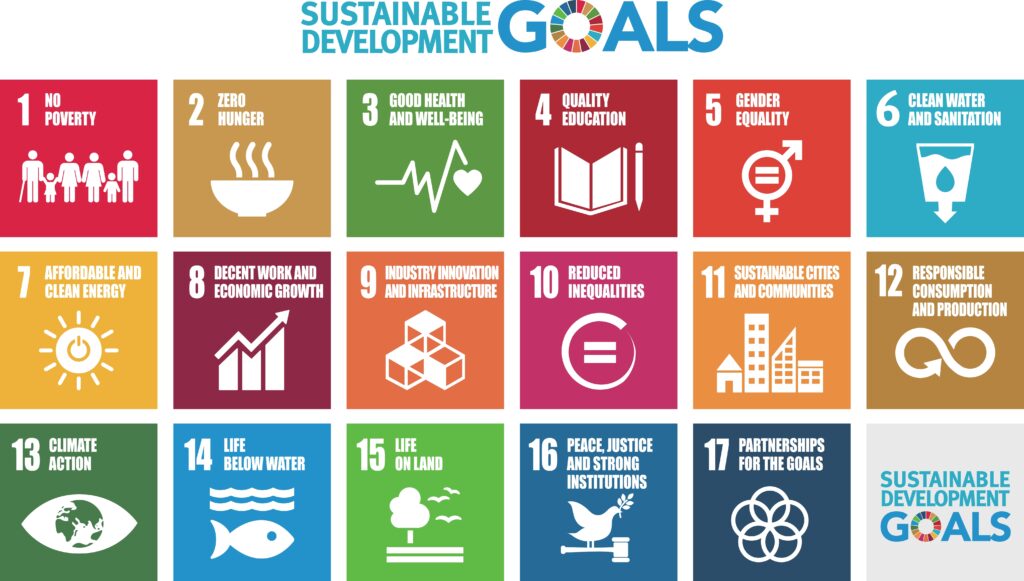
Data-driven sustainability is no longer an option but a necessity for businesses looking to stay relevant, attract customers, and drive long-term value creation. By collecting, analysing, and visualising data, businesses can gain valuable insights that guide measurable and responsible practices, ultimately leading to improved profitability and a competitive edge.
The Growing Importance of Sustainability
Consumers are increasingly becoming conscious of their purchasing decisions and are actively seeking out sustainable and healthy products. This shift in consumer behavior has created a mass adoption of sustainable products, making it crucial for businesses to align their practices with these evolving expectations. Additionally, governments across the globe are tightening regulations and reporting requirements, putting pressure on companies to respond to climate change and other environmental challenges.
The Opportunities of Data-Driven Sustainability
Data-driven sustainability offers numerous opportunities for businesses to build competitive advantage and drive lasting value. By leveraging data, companies can gain insights into their sustainability performance, identify areas for improvement, and make informed decisions that positively impact their bottom line. Here are some key areas where data-driven sustainability can create opportunities:
- Collaborations for Amplified Impact
Collaborating with partners across the value chain can amplify the impact of sustainability initiatives. By working together, organisations can jointly define value chain strategies, revenue models, and full life-cycle solutions. This collaborative approach helps in enhancing procurement and operations, optimising supply chain networks, and aligning governance with strategically leveraged capabilities.
- Integrated Systems & Analytics Capabilities
Integrating systems and leveraging advanced analytics capabilities can help businesses make strategic, real-time decisions to achieve sustainability goals. By automating data collection and analysis, companies can track and measure their environmental and social performance and identify opportunities for improvement. Advanced technologies like machine learning and AI can unlock deep insights from data, enabling innovative ways to support sustainable practices across the organisation.
- Revenue Growth through Differentiation
Sustainability can be a powerful differentiator in the market. Businesses that prioritise sustainability and transparently communicate their efforts to customers can attract new customers, strengthen brand loyalty, and drive revenue growth. By incorporating sustainability attributes into their products and services, companies can tap into the growing demand for sustainable options and capture a larger market share.
- Operational Efficiency & Cost Savings
Data-driven sustainability can lead to operational efficiency and cost savings. By optimising supply chain operations, businesses can reduce waste, improve inventory management, and streamline logistics and fulfillment processes. This not only minimises environmental impact but also reduces costs associated with transportation, storage, and procurement. Additionally, by adopting circular economy models and reusing product and service components, organisations can further enhance efficiency and minimise waste.
- Risk Mitigation & Compliance
Sustainability data can help organisations identify and mitigate risks associated with environmental and social sourcing. By monitoring and assessing supplier performance, companies can ensure compliance with ethical sourcing standards and reduce supply chain disruptions. This proactive approach to risk management not only safeguards the organisation’s reputation but also strengthens relationships with suppliers and other stakeholders.
Taking the First Steps towards Data-Driven Sustainability
Embarking on a sustainability transformation requires careful planning and strategic execution. Here are three key steps to get started on the path to data-driven sustainability:
- Define Industry-Specific Goals
Every industry has unique sustainability objectives. It is crucial for businesses to define goals that align with their specific industry and business model. These goals should be ambitious yet realistic, addressing the most significant sustainability challenges faced by the organisation. By setting industry-specific goals, companies can focus their efforts and achieve meaningful results.
- Build a Framework for Action
Once the sustainability goals are defined, it is essential to build a framework that guides the organisation’s actions. This framework should leverage data to inform decision-making processes and track progress towards sustainability goals. Technologies like machine learning and AI can assist in data modeling and forecasting, providing valuable insights into the organisation’s current practices and their alignment with sustainability objectives.
- Combine Human and Machine Intelligence
Success in data-driven sustainability requires a combination of human expertise and technological capabilities. While advanced technologies can process and analyse vast amounts of data, human intelligence is still critical for interpreting insights, making informed decisions, and driving change. Augmented intelligence, where artificial intelligence supports human decision-making, can be a powerful tool in harnessing the full potential of sustainability data.
WrxFlo, a leading software solutions company, helps businesses to harness the power of data to achieve sustainability. Using a People, Process, Technology framework, WrxFlo delves into businesses’ operations, identifying inefficiencies and areas for improvement. By integrating various data sources and streamlining supply chain operations, WrxFlo develops tailored solutions to enhance efficiency across the board. The impact of their interventions is remarkable, with clients experiencing substantial improvements in manufacturing capacity, cost efficiency, and sustainability metrics. For instance, clients have reported a 40% increase in manufacturing capacity, a 20% reduction in transformation costs, a 98% decrease in overdue orders, and a 99% decrease in on-site paper usage. With a proven track record of driving tangible results and a commitment to operational optimisation, WrxFlo stands as a valuable ally for businesses seeking to realise their sustainability goals while maximising operational performance.
To see how WrxFlo can help you drive sustainable practices throughout your supply chain, contact us today and Request a Demo here.




